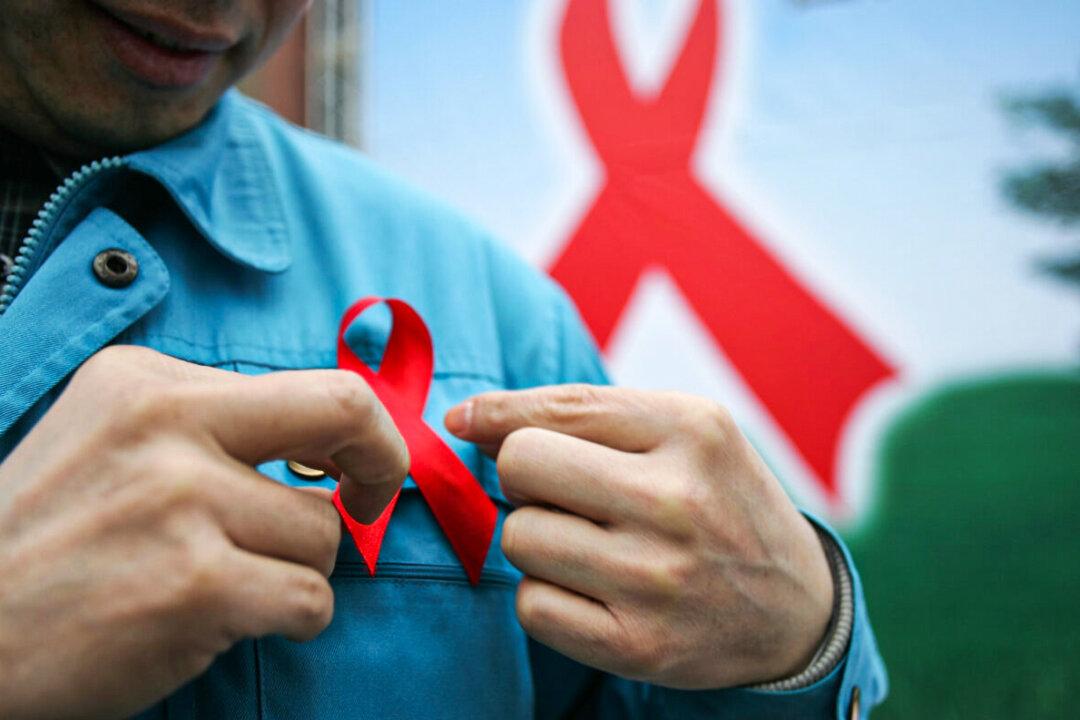A Tennessee law is discriminatory against people with HIV, according to the U.S. Department of Justice (DOJ), which released a scathing letter threatening legal action if the state does not cease enforcement of the statute. The announcement, DOJ noted, was made on World AIDS Day, “an international day dedicated to raising awareness of the AIDS pandemic.”
DOJ had previously investigated the state, the Tennessee Bureau of Investigation (TBI), and the Shelby County District Attorney General’s (SCDAG) Office for possible violations of Title 2 of the Americans with Disabilities Act.





